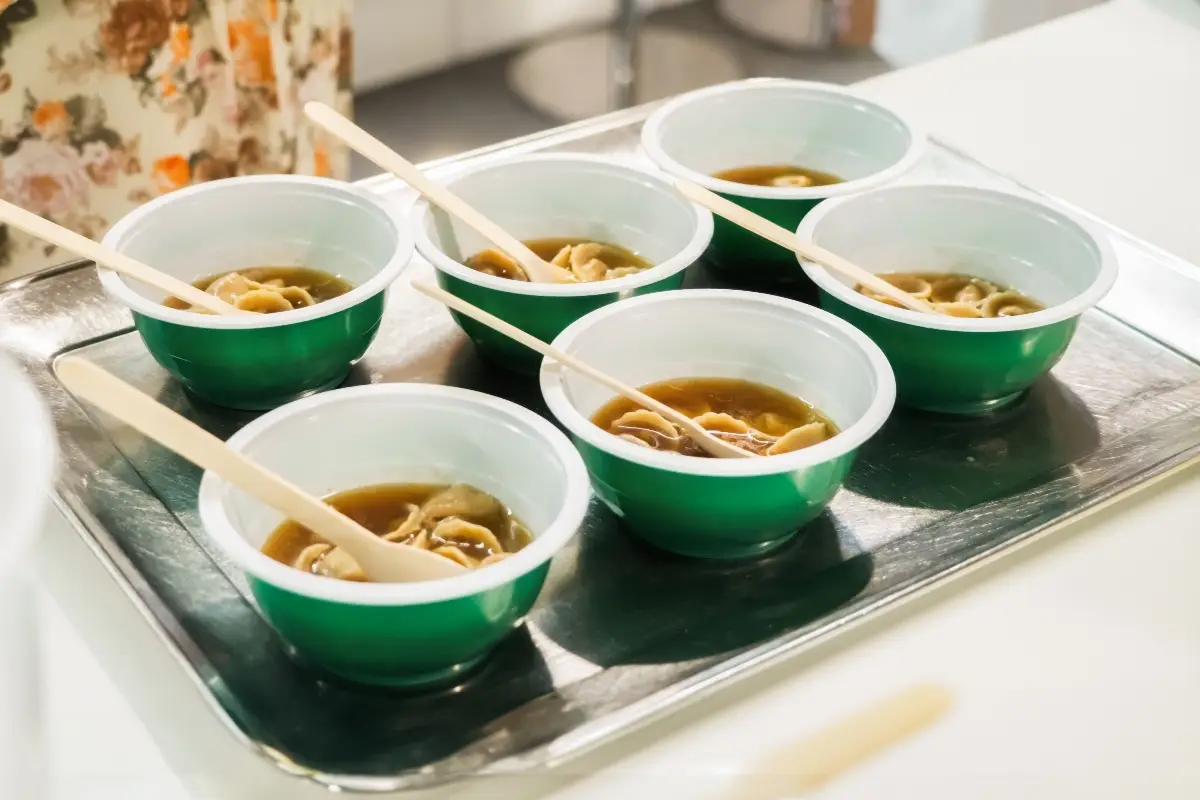
Anuga 2025: Korea takes center stage with its culinary excellence
The Asian country will be the official partner of the show where it will bring three gastronomic ambassadors

This October, Korea will be the official partner country of Anuga, offering a contribution that goes far beyond culinary specialties. Under the motto "Taste meets Trends," over 100 Korean exhibitors will present a unique combination of centuries-old traditions and pioneering culinary concepts. The focus will be on three ambassadors of Korean food culture, all united by their ability to combine tradition and innovation. Kimchi, ramyeon, and the "jang trio" of ganjang, doenjang, and gochujang represent not only distinctive flavors, but also health, sustainability, and global connectivity.
Kimchi is considered the soul of Korea and a prime example of a fermented food. Over 200 varieties showcase regional and seasonal diversity, from delicate dongchimi to creative new interpretations like kale kimchi. Its probiotic properties make it a paradigm of the health trend.
With the global boom in K-food content, K-food itself is also growing in popularity, led by ramyeon, an icon of Korean food culture. It has become famous worldwide through films, TV series, and social media, from "Chapaguri" in Parasite to "Fire Noodle Challenge." Today, ramyeon is not only synonymous with quick meals, but also a symbol of Korean creativity. Viral trends such as pairing buldak with jjapagetti, the spiciness of K-Rose with milk and cheese, or refining it with truffle oil, as well as consumer feedback, have even inspired new product lines.
In terms of flavor, the jang trio has formed the basis of Korean cuisine for centuries. Ganjang, the soy sauce, boasts an intense aroma and grainy flavor and serves as a base for soups, stews, and casseroles. Doenjang, the fermented bean paste, is rich in nutrients and ideal for flavorful soups and vegetable dishes. Gochujang combines spiciness, sweetness, and salt, representing the quintessential Korean art of seasoning. The recognition of this artisanal fermentation culture by UNESCO underscores its cultural significance.
In response to health trends, Korean ramen brands are also introducing sugar-free, low-calorie, high-protein, gluten-free, and low-sodium products, as well as noodles made with alternative grains like potatoes, mung beans, and rice. Certified vegan products, eco-friendly packaging, and carbon-neutral manufacturing processes are also on the rise, ensuring that intense flavor goes hand in hand with a commitment to health and sustainability.
The variety of sauces fits perfectly with the global trend of "naturalism." The new varieties range from allergen-free soy and pea sauces, to refined ganjang with truffle or crab, to spicy gochujang with added meat, to ssamjang condiments.
Halal-certified and vegan products are also available, as are products with reduced sugar and salt content, which have already been implemented internationally. In Hall 5.2 and at the live cooking stand on Central Boulevard, visitors can experience the variety of innovative and sustainable products up close.
EFA News - European Food Agency